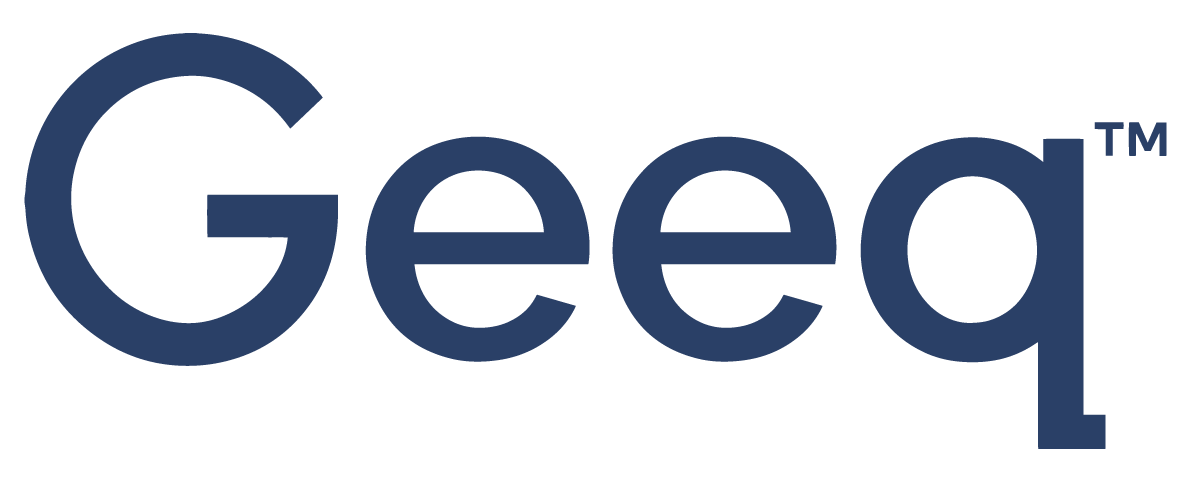
Current Ledger State (CLS)
What does Current Ledger State (CLS) mean?
Each active node in a blockchain network is responsible for obtaining the data to show an up-to-date list of all the accounts and their current states.
Background:
Accounts are records that associate balances of dollars, tokens, shares of stock, and anything else, with specific owners. Accounts are collected together and kept in a ledger. Ledgers were first maintained on paper. Then, software offered spreadsheets to organize and store in a centralized manner. Now, it is possible for ledgers to be kept on blockchain in a decentralized way.
Transactions are authorized by account owners to transfer balances between accounts.
The current state of any single account is simply the sum of all the valid transactions into and out of the account, added to the initial account balance.
The current ledger state is the list, however kept or recorded, of all the accounts with a positive balance and their current states.
A Simple Example:
Suppose three anonymous users (A, B, C) have accounts on a simple payment blockchain. Suppose (A, B, C) start with initial account balances of (500, 400, 400).
The initial Current Ledger State should show
User A’s account number
A’s account balance = 500
User B’s account number
B’s account balance = 400
User C’s account number
C’s account balance = 400
If there are more users, the Current Ledger State would include all accounts and account balances.
Suppose User A wants to send a transaction of 200 to User B. Other users may send other transactions at the same time, but let’s suppose this transaction is the only one that affects Users A and B for the next block.
At Geeq, User A first contacts a node to ask it for proof that it is an honest node. If it does not supply Proof of Honesty, then User A continues until they find an honest node that does.
User A submits the transaction “send 200 to User B’s account” to an honest node.
For this application, the transaction is valid if A’s account balance is sufficient, A does not try to double spend (e.g. the transaction would be invalid if A tries to submit two transactions to send 500 to User C as well as 200 to User B), and A provides the correct signature for the transaction to B.
(We ignore transaction fees in this example.)
If the node continues to be honest, it follows protocol, correctly validates the transaction, writes it to the block, and updates its own CLS to reflect the transaction. Every honest node’s next block will agree and its CLS will contain the following account information.
New Current Ledger State:
User A’s account number (unchanged)
A’s account balance = 300 (calculated as 500 – 200)
User B’s account number (unchanged)
B’s account balance = 600 (calculated as 400 + 200)
… Other Users Accounts and Account Balances are also reflected in the node’s new Current Ledger State.
Technical Details:
Every CLS includes the hash of the previous Current Ledger State. This helps to determine the sequencing of the blocks in a blockchain and also whether the node has been honest.
General Intuition (disclaimer: completely non-technical):
Including the hash of the previous CLS is somewhat like doing the following: imagine going through a classroom where the first student says a word, the second student repeats that word and adds another, the third student repeats the previous words in order and adds another, and so on. If you heard what any student said with accuracy, it is possible to tell which student (or CLS or block number) you were on. We recognize this is not an accurate or detailed explanation, so let’s leave it there for now.
The Value of Proof of Honesty:
Proof of Honesty works because (a) all honest nodes begin with the same provably honest Current Ledger State (CLS), (b) all honest nodes receive the same bundle of candidate transactions and arrive at the same conclusions about validity by following the same strict rules required to prove honesty, and (c) all honest nodes arrive independently at the same conclusions. As a result, each honest node results in each node updating their Current Ledger State to a new, common, and provably honest view.
Used in a Sentence:
In Proof of Honesty, nodes compete to produce provably honest Current Ledger States and all honest nodes are paid automatically for their work; therefore, when you contact an honest node, you can be sure your balance is what it is supposed to be – regardless of how many dishonest nodes there may be in the network.
For more information, please see the Geeq White Paper.
Last Updated: February 25, 2023
Read what Geeq has to say about Current Ledger State (CLS)...
The following articles are written by the Geeq team to share and inform about the industry we are passionate about.
To learn more about events, announcements and learn about other topics visit our news section
Community announcement - Tokenomics Update - January 2024
Why has Geeq taken a no-smart contracts route? To deliver an efficient, reliable, predictable engine to solve these three problems and more.
Here are 5 reasons why Geeq is poised to set the world's standards in decentralized, verifiable blockchain - at Layer 0.
Discover 7 powerful ways Geeq Stacks revolutionize digital assets. Simplify organization, ensure security, and stay in control. From creative collections to seamless transfers, Stacks make it intuitive.
8 Ways Geeq is the Essential Foundation for Blockchains. Here are the reasons Geeq provides the Layer 0 (L0) foundation that blockchains and smart contracts need.
How can the market separate "review bombing" from authentic testimonials? As with any policy, the risk is either going too far or not far enough. Read Geeq's solution.
UPDATE: Now with links to video and Slides! John P. Conley introduced Geeq's Algorithmic Monetary Policy and Stabilized Token to the public at SFBW.
This is the Geeq token allocation and release schedule. Please note: Geeq did not hold an ICO or IDO.
Ask Me Anything on Telegram: TH 1/24/2019, 4 pm EST
Details are available for the official GEEQ contract address.
$GEEQ has partnered with Ferrum Network to offer non-custodial liquidity staking. Watch this space!
Late Friday Update for Geeq Tokens - The Unlocked-round is fully subscribed. The Pre-round is still OPEN.









